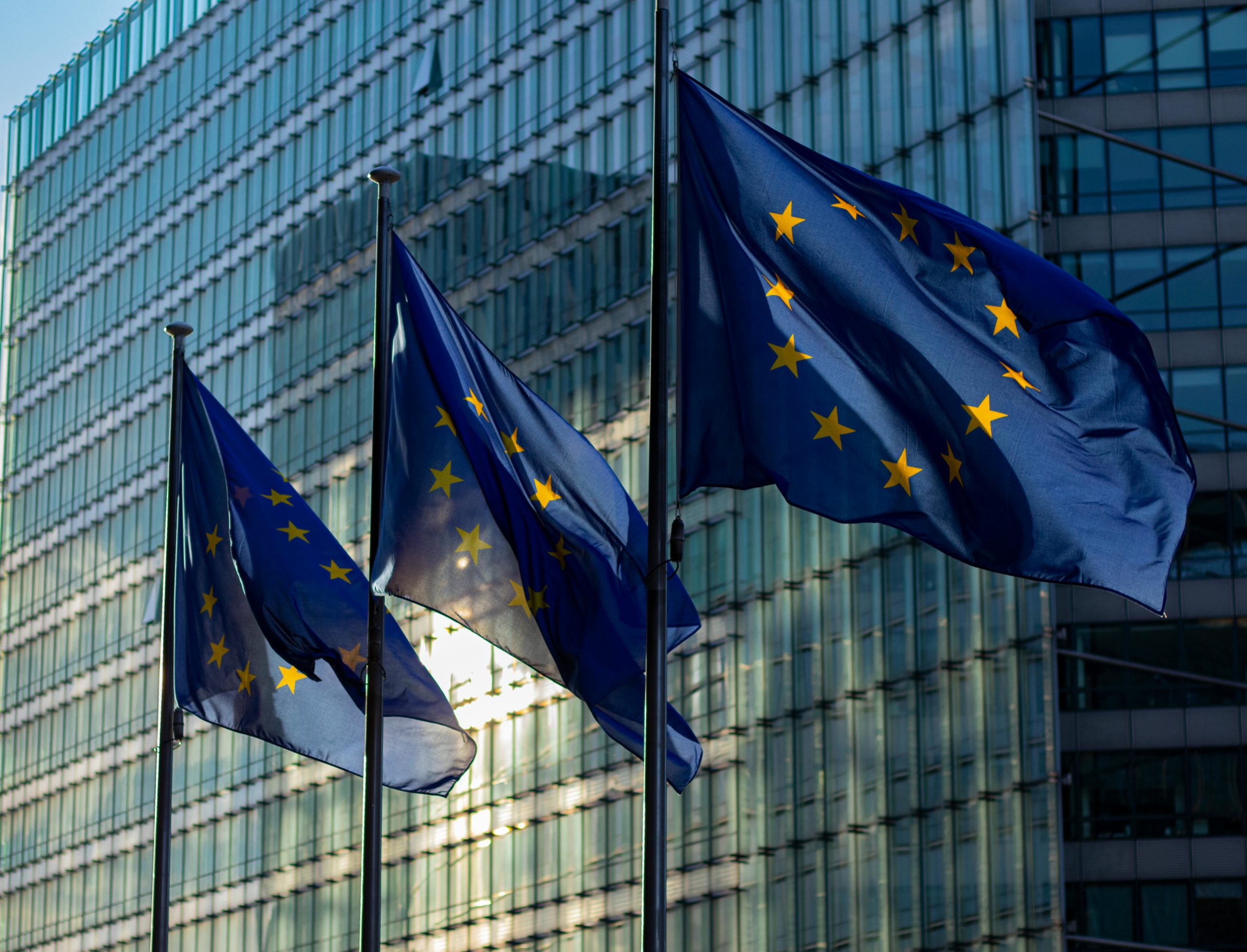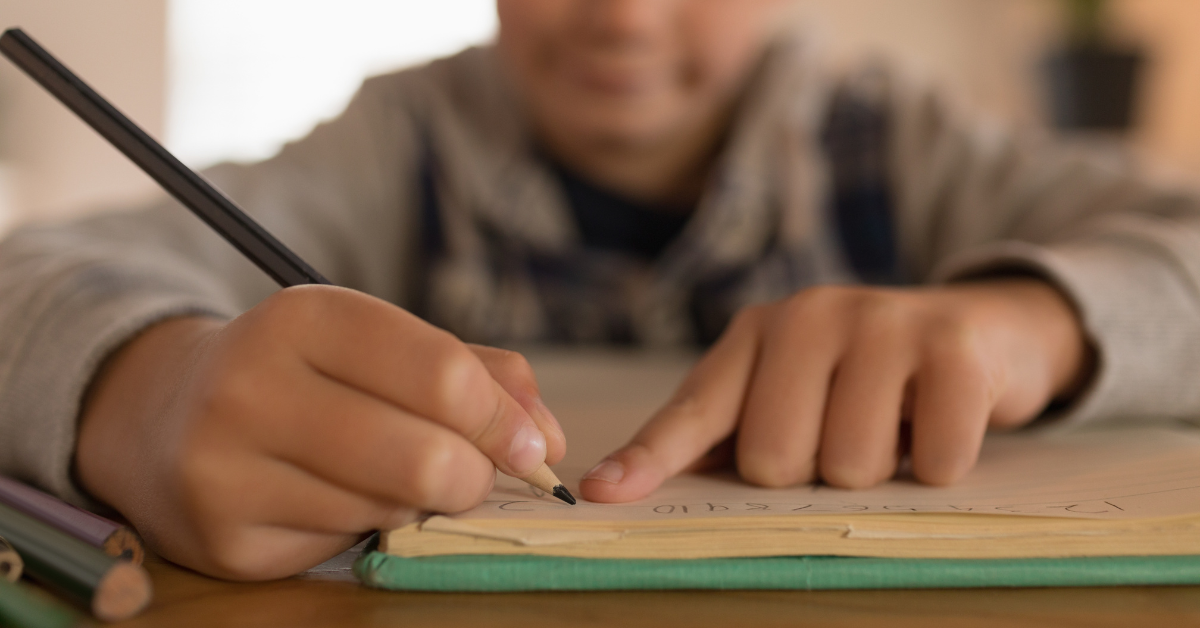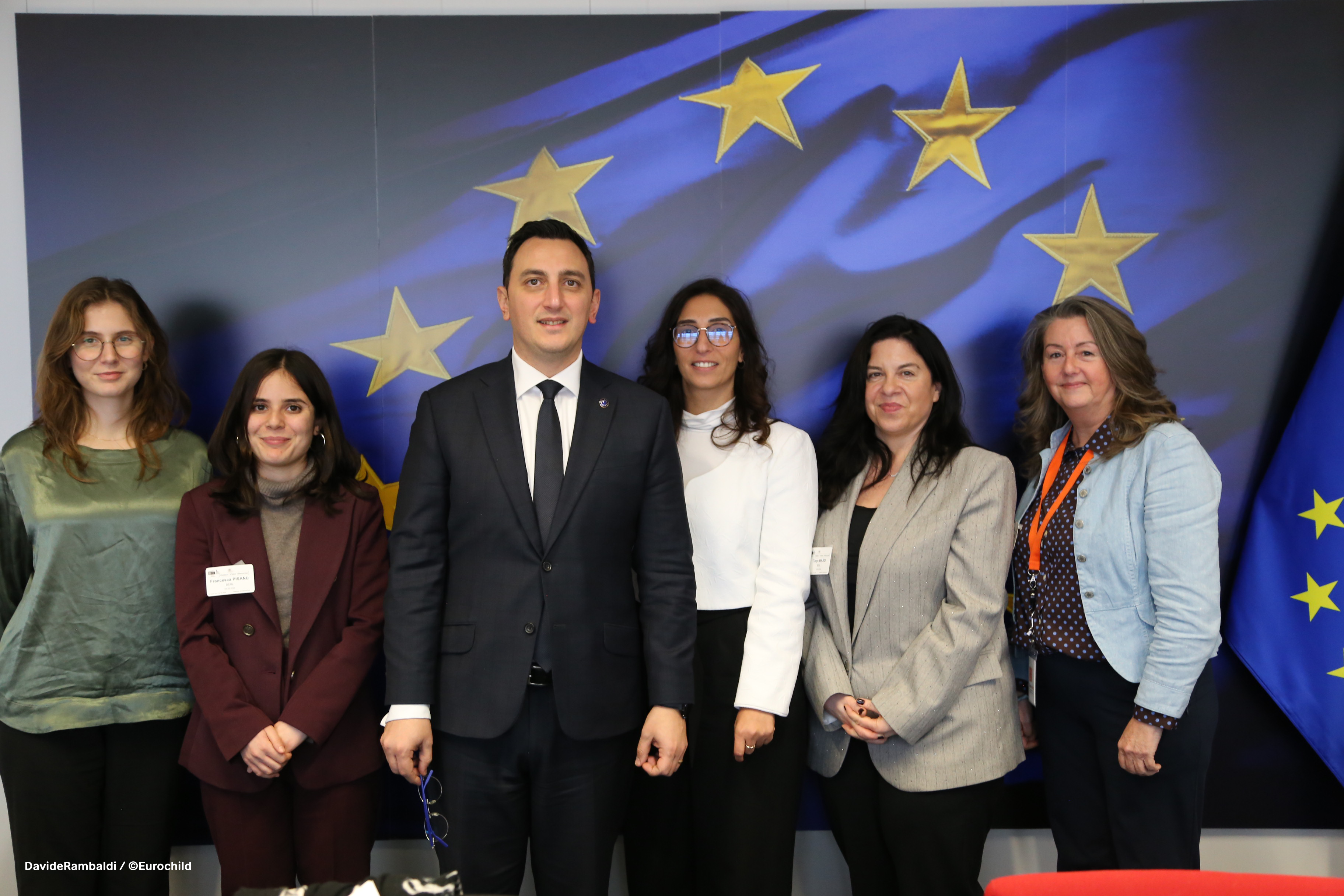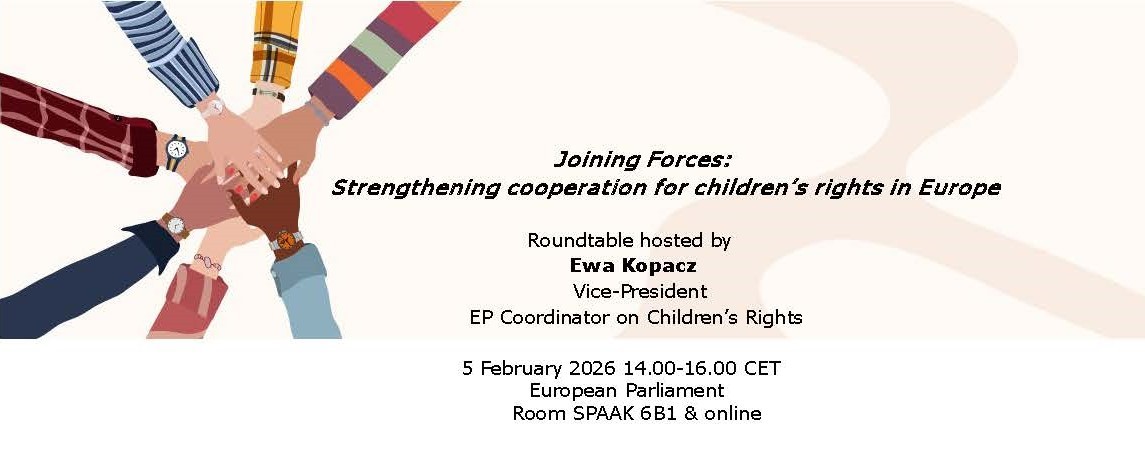Strengthening children’s rights in the EU Accession Process
Eurochild and its members participate to the yearly consultation on the Enlargement Package, covering the progress made by the accession countries to align with the EU standards. This process is an opportunity to strengthen children’s rights in the countries aspiring to join the EU.
EU accession has historically largely contributed to deep-rooted reforms in countries embarking on the process. To join the EU, candidate countries are required to undertake significant reforms to comply with the EU acquis, the body of common rights and obligations binding for all EU Member States, with EU technical and financial support. EU accession can therefore constitute a key milestone in the accession countries to improve and uphold children’s rights.
Accession depends on the adequate preparation of the applicant country concerned and on the EU's capacity to integrate the new member. There is thus a pre-accession period of varying length, during which the candidate country must go through a series of negotiations and reforms, and each of these negotiations is organised into thematic chapters. While all types of reforms impact children’s rights, the most relevant Negotiating Chapters are Chapter 23 (Judiciary and fundamental rights), Chapter 19 (Social policy and employment) and Chapter 26 (Education and culture).
Civil society plays a crucial role in ensuring that governments in candidate countries undertake reforms that align with EU standards, values, and policies. Through advocacy and expertise, civil society organisations champion the rights of the most marginalized individuals in countries aspiring for EU membership. They serve as intermediaries between citizens and government, advocating for necessary reforms and offering invaluable expertise to support the path towards EU integration. The involvement of child rights organisations is crucial, as they work with and for children and families and are aware of their needs and challenges at the national and local levels.
A key moment to influence the accession negotiations is the drafting of the Enlargement Package, where the Commission keeps the Council and the Parliament duly informed on improvements and remaining shortcomings for each candidate country. The Directorate General for Neighbourhood and Enlargement Negotiations (DG NEAR) and the Commissioner on Neighbourhood and Enlargement Negotiation is in charge of developing it. The involvement of Eurochild and its members in 2023 resulted in the integration of key messages linked to children’s rights in the 2023 Enlargement Package.
In April 2024, Eurochild and our members from Ukraine, Albania, Bosnia and Herzegovina, Kosovo, Moldova, Serbia, Turkey, and Ukraine participated to the consultation of the 2024 Enlargement Package. We provided oral and written contributions, shedding light on the situation of children’s rights and making recommendations to the EU institutions and member states. Our recommendations spanned from the rights of children to be protected from violence, the participation of civil society organizations and the right of children to live in safe and loving families. The contributions also focused on the right of children not to be discriminated based on sex, disability, national, ethnic or social origin, or other status, and the right to access to essential services, including education and health.
It is imperative to uphold the rights of children within the context of the accession process. Eurochild is pleased to facilitate connections between the EU institutions and our national members and share our expertise in children’s rights, making this essential dialogue possible. We extend our best wishes to the European Commission as they develop the 2024 Enlargement Package, and eagerly anticipate its release at the end of 2024.
For further information you can contact Francesca Pisanu, Eurochild EU Advocacy Officer.





